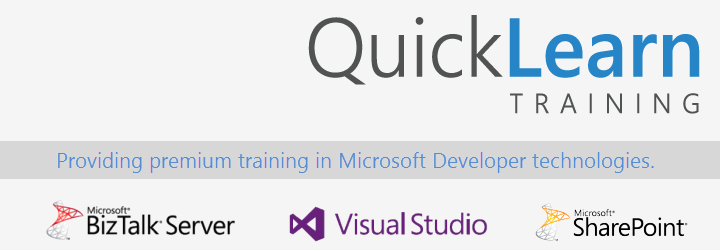While browsing Microsoft’s Virtualization site, I stumbled across an upcoming event:
Looking at Desktop Virtualization including VDI? Thinking about Windows 7 migration; Want savings, but wondering about ROI?
Join Microsoft, industry experts and IT leaders: Desktop Virtualization Hour, March 18th, 9am PST.
This is all the information they’re sharing with the public at the moment, which normally might indicate a lack of planned content… but considering the fact that they purchased a domain just for this event, http://www.desktopvirtualizationhour.com/, Microsoft is being suspiciously vague about their plans.
I managed to find a ZDNet whitepaper posting from January that has some extra lines of description:
Have more questions than answers on the topic?
…
Watch and interact live with Microsoft, industry experts and IT leaders for a moderated televised discussion. Submit your questions in the hour or in advance.
Does the fact that these lines don’t appear on the event-specific domain mean something? Perhaps they’ve already chosen the questions they’re going to answer, or perhaps the list of experts grew too large to allow viewer participation? We’ll have to wait and see what transpires.
In the mean time, you can study up on VDI in preparation of this event:
- Microsoft’s Virtualized Desktop Products and Technology – Homepage for Microsoft’s VDI solutions
- TechNet video series on VDI deployment (Part 2, Part 3) – Matt McSpirit walks through setting up VDI


